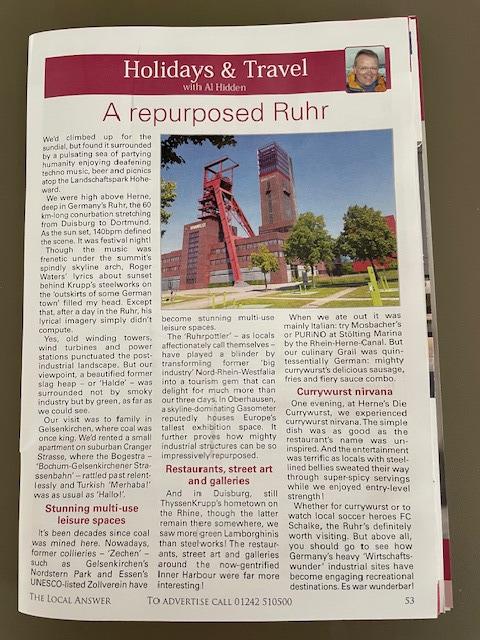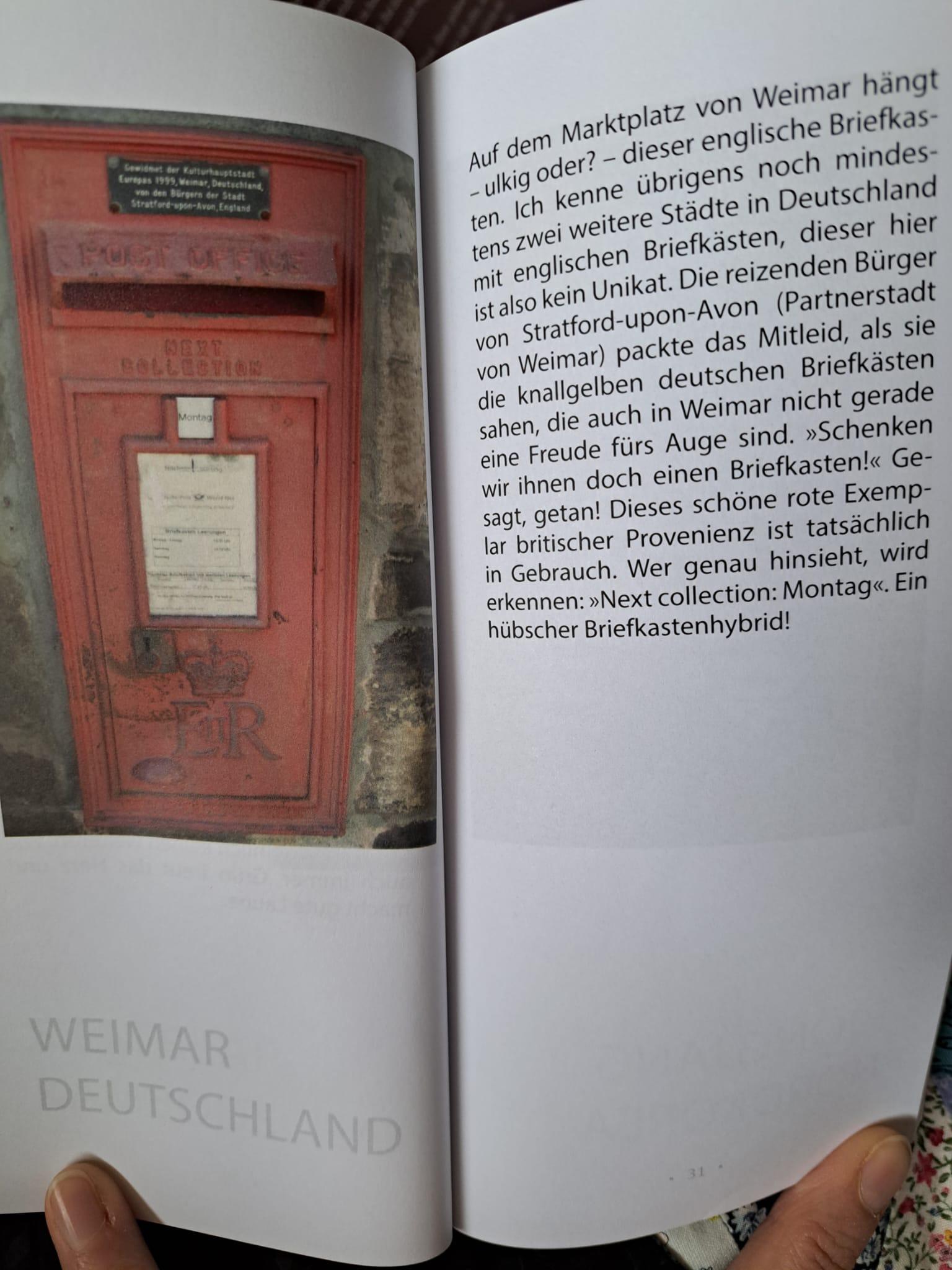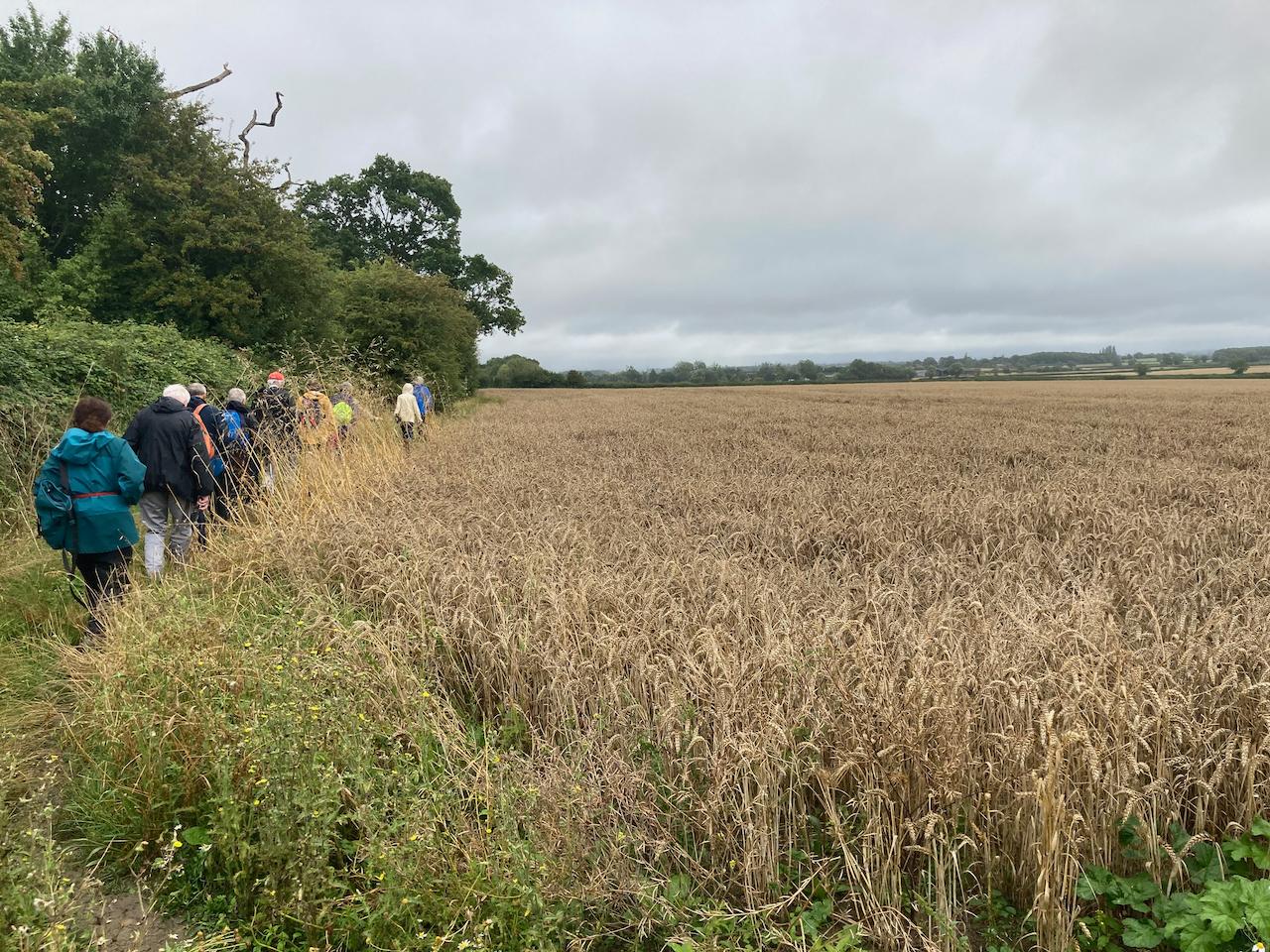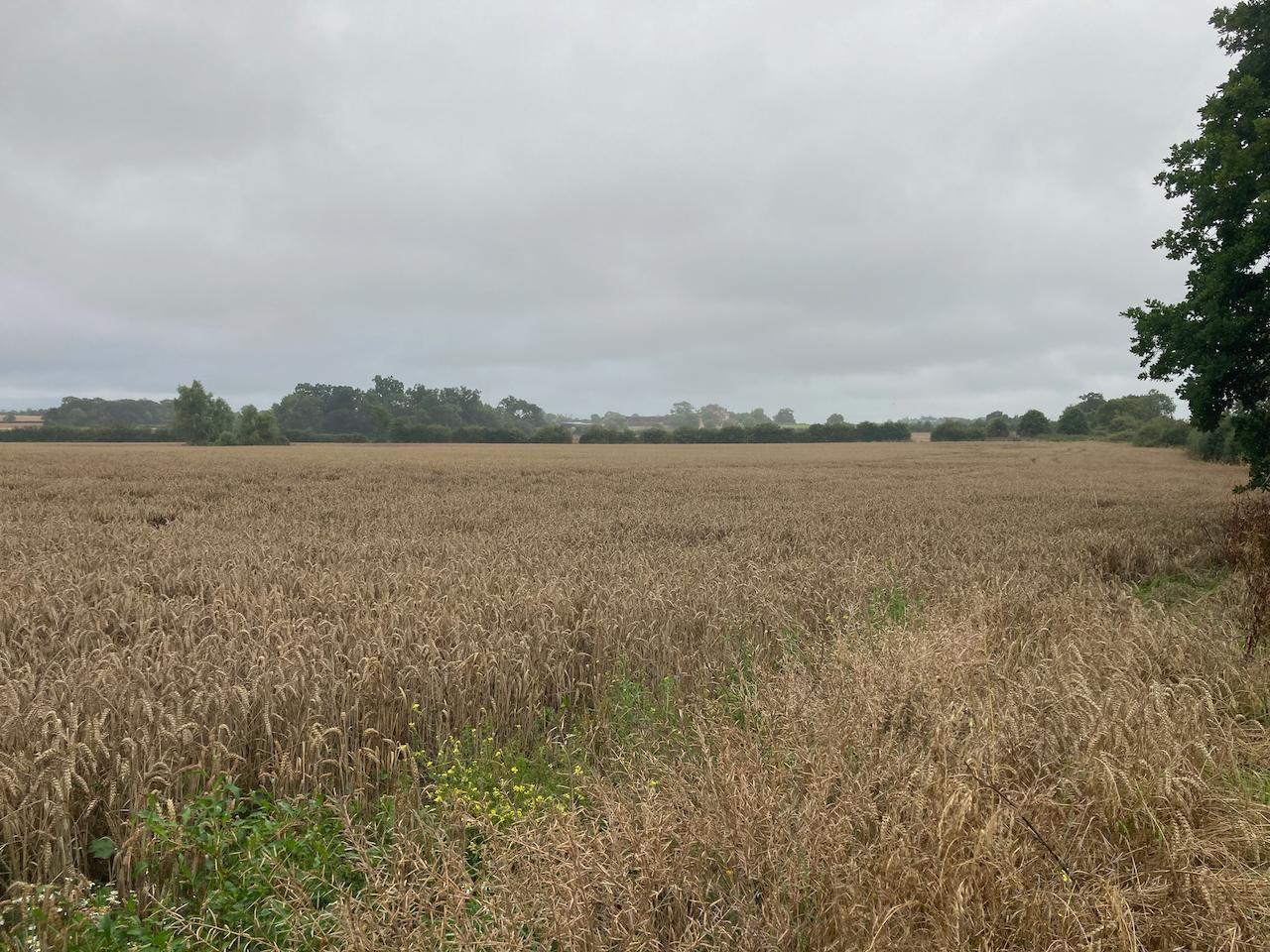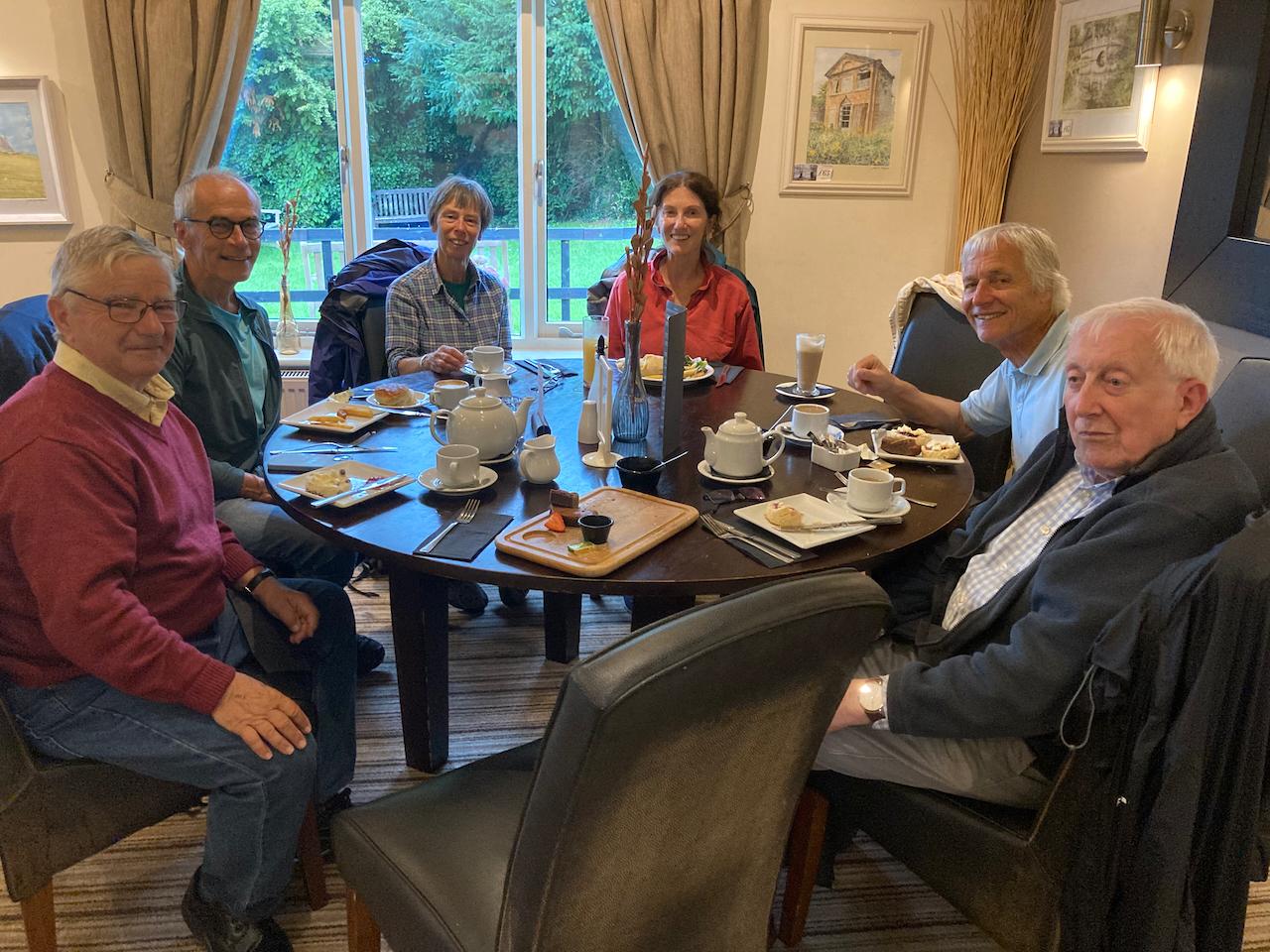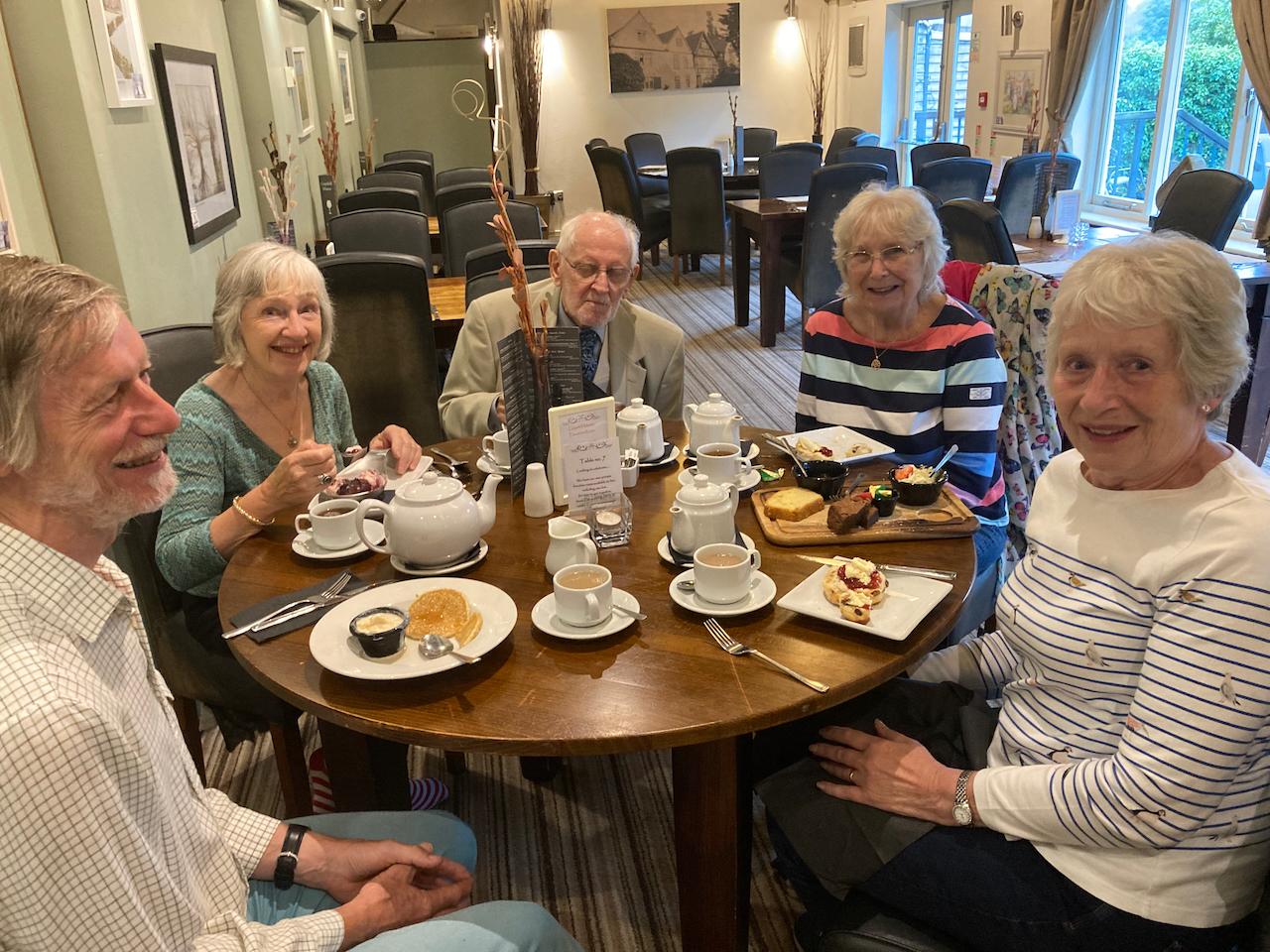Eines unserer Mitglieder fand diesen Artikel besonders interessant, weil sie vor vielen Jahren als Au-pair dort tätig war.
German bible reading (listening) opportunity
On Saturday 11th May 2024 Christchurch Cheltenham is having a Bible day.
There will be a 24 hour reading of the bible in English. There are hoped to be some exhibitions of bibles of various translations and languages etc. On a smaller scale it would be great to have the bible read in other languages though perhaps not 24 hrs possibly 10 A.M. till 8 P.M.
Would you be interested in coming to listen or to read in either Martin Luther or Die Gute Nachrichten or other German translations brought along? Both English and German will be centred on the new testament starting with the gospels.
If any one has memories of bibles being delivered secretly into East Germany we would love to hear about them. We hope to hear from a group who were doing that work at that time and are now supporting Christians facing opposition in many parts of the world today.
If you might be interested please email club[at]cheltgesell.uk (Replace [at] with the @ symbol)
British Letterbox in Weimar
Auf dem Marktplatz von Weimar hängt -_ ulkig oder? - dieser englische Briefkasten. Ich kenne übrigens noch mindestens zwei weitere Städte in Deutschland mit englischen Briefkästen, dieser hier
ist also kein Unikat. Die reizenden Bürger on Stratford-upon-Avon (Partnerstadt von Weimar) packte das Mitleid, als sie die knallgelben deutschen Briefkästen sahen, die auch in Weimar nicht gerade eine Freude fürs Auge sind. »Schenken wir ihnen doch einen Briefkasten!« Gesagt, getan! Dieses schöne rote Exemplar britischer Provenienz ist tatsächlich in Gebrauch. Wer genau hinsieht, wird erkennen: »Next collection: Montag«. Ein hübscher Briefkastenhybrid!
Iinformation found in a museum in Berlin

